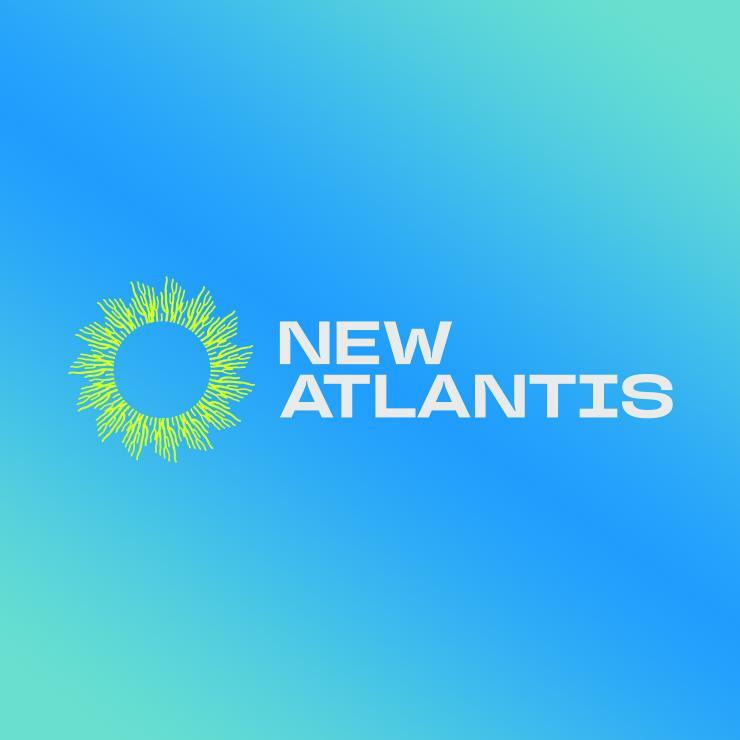
Keep this story going! Share below!
New Atlantis partners with Marine Protected Areas (MPAs) to create and sell a new type of nature credit called a biodiversity credit. These credits are then sold to companies or figures to which the latter may gain Environmental, Social and Governance (ESG) points. Additionally, companies and industries can use biodiversity credits to offset their environmental impacts and demonstrate corporate social responsibility. Their dedication to helping the conservation of MPAs supports UN SDG 14: Life below water.
Previously, companies and figures would mainly buy carbon credits, which are acquired by trapping carbon from the atmosphere, to which they are weighed and their value converted into credits. The problem with these carbon credits is that the regulatory standards are low and often unchecked for fraudulent activities. Oftentimes, the carbon credits are made without actually preserving the environment (lack of direct correlation) and are not an accurate indicator of the preservation of the environment.
To combat this problem, New Atlantis has created a new kind of nature credit called a biodiversity credit, which is more accurate in terms of measuring environmental preservation efforts. To achieve this, they partner with MPAs and analyze ocean water DNA samples to develop “ecological fingerprints” of the planktonic species present and their relative abundance. They focus on measuring plankton as they account for approximately 90% of marine biomass. Understanding and forecasting planktonic ecosystem health is critical to developing ways to fully regenerate our oceans.

"Only 3% of marine and water bodies are considered as MPAs, and the UN is trying to increase the percentage to 30% by 2030. The lack of and inconsistency of funding (relies on charitable donations) has made it difficult for us to increase that number to the 30% goal. Hopefully, with our initiative, we are able to provide a sustainable business model that is able to bring us one step closer to that goal."
Through biodiversity credits, MPAs now have a reliable business model designed to promote and protect biodiversity by assigning a quantifiable value to ecological assets. Thus, biodiversity credits will incentivize the conservation of ecosystems and habitats. By assigning economic value to natural resources, they encourage the public to protect and maintain biodiversity-rich areas.
Companies, industries, and figures are now able to purchase a new product in the emerging "nature credit" industry. Unlike its predecessors, biodiversity credits show a direct correlation to environmental conservation efforts, which is an attractive option for buyers due to its heightened credibility and transparency.
With biodiversity credits, New Atlantis has created a viable revenue-generating business model based on MPA conservation efforts.
The protection of water bodies through New Atlantis' support for MPAs mean that we are able to add to marine conservation efforts, which is important as the oceans are critical to many major global processes including ecological stability, oxygen production, food production, and the carbon cycle.
Get stories of positive business innovations from around the world delivered right to your inbox.
Tom Lynch, DevOps Lead Engineer

New Atlantis focuses on working together with Marine Protected Areas (MPAs) to sell biodiversity credits. This initiative was made to ensure that nature credits directly help the environment, rather than simply serve as a means for companies or figures to gain Environmental, Social and Governance (ESG) points without actually contributing to preserving the environment.